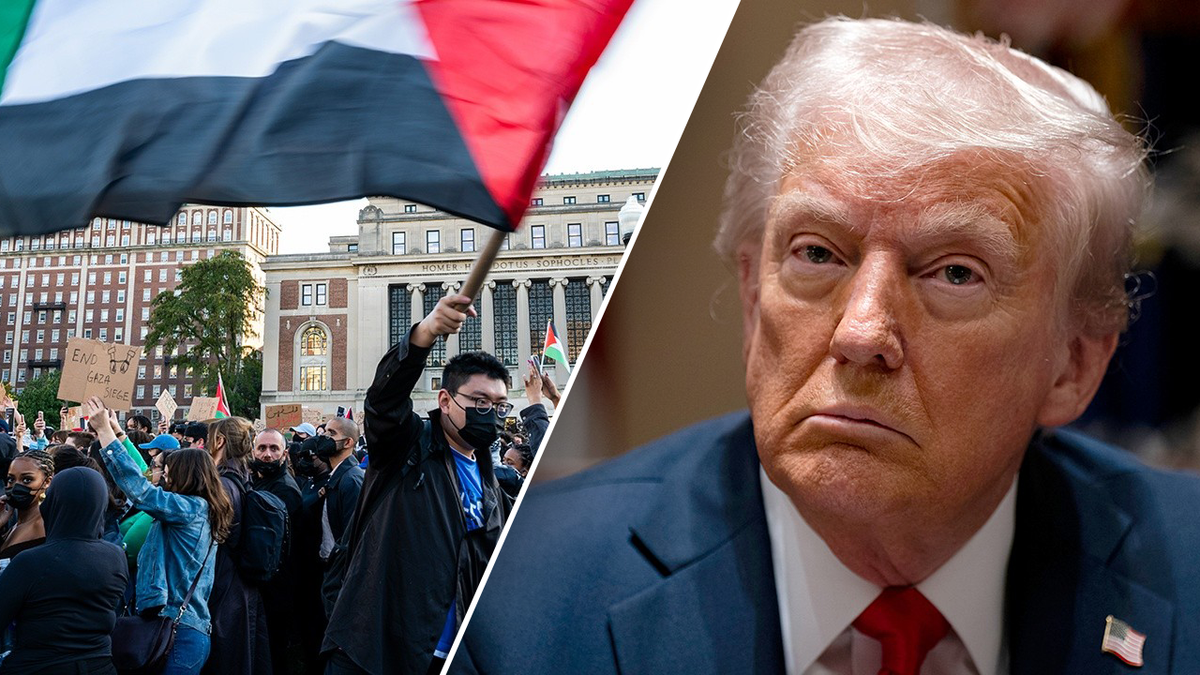U.K. Daily Mail
US general Petraeus says killing of Suleimani is 'MORE significant than Osama bin Laden' and may 're-establish deterrence' after Iranian attacks on US bases and shipping in the Gulf
- Qassem Suleimani killed in drone attack by Baghdad International Airport Friday
- US general David Petraeus said his death was 'more significant' than bin Laden's
- He also said it was more important than the death of ISIS's Abu Bakr al-Baghdadi
- General Petraeus added it was 'very significant effort to reestablish deterrence'
A former CIA director has said a drone strike that destroyed an Iranian general is 'more significant than the killing of Osama bin Laden'.
US general David Petraeus, who led the intelligence agency from 2011 to 2012, claimed Friday's assassination of Qassem Suleimani near Baghdad International Airport was also more important than the death of ISIS leader Abu Bakr al-Baghdadi.
Soleimani's body was returned to Iran on Sunday and as it was unloaded from a plane a crowd angrily chanted 'death to America'.
Revolutionary Guards commander Major General Hossein Salami yesterday vowed 'a strategic revenge which will definitely put an end to the US presence in the region'.
General Petraeus told Foreign Policy: 'It is impossible to overstate the importance of this particular action.
'It is more significant than the killing of Osama bin Laden or even the death of [Islamic State leader Abu Bakr] al-Baghdadi. See below:
'[Suleimani] is responsible for providing explosives, projectiles, and arms and other munitions that killed well over 600 American soldiers and many more of our coalition and Iraqi partners just in Iraq, as well as in many other countries such as Syria. So his death is of enormous significance.'
He added: 'This is a very significant effort to reestablish deterrence, which obviously had not been shored up by the relatively insignificant responses up until now'.
Osama bin Laden was gunned down by US forces during a sting attack in Pakistan in May 2011.
Abu Bakr al-Baghdadi was terminated in a US special forces raid in Syria in October last year.
As tensions heightened yesterday, Britain manoeuvred two warships to accompany British-flagged oil tankers in the Gulf.
Iran last year started seizing vessels in the Strait of Hormuz, including the taking of the British ship Stena Impero by Revolutionary Guards in July. It was released in September.
More than 400 soldiers training local forces have been ordered to abandon duties and switch to 'force protection' and guard British diplomats and assets.
The soldiers will be handed heavier weapons and have been told to move from eight small bases in Iraq to large US-controlled compounds.
But these sites are at risk of retaliation after an Iranian official said 35 US targets had already been identified in the region.
A Royal Navy nuclear powered submarine armed with Tomahawk cruise missiles is also in the region - where it is kept at all times - and is in position to strike if tensions give way to war.
The 20ft tomahawk carries a 1,000lb high explosive war head has a range of 1,550 miles and travels at speeds of 550mph, with the power to destroy a building.
President Donald Trump issued a strong warning any strike on US interests in the region will bring massive retaliation.
'They attacked us, and we hit back,' he said of the drone strike on Soleimani, which followed assaults on the US embassy in Baghdad by pro-Iranian militiamen.










